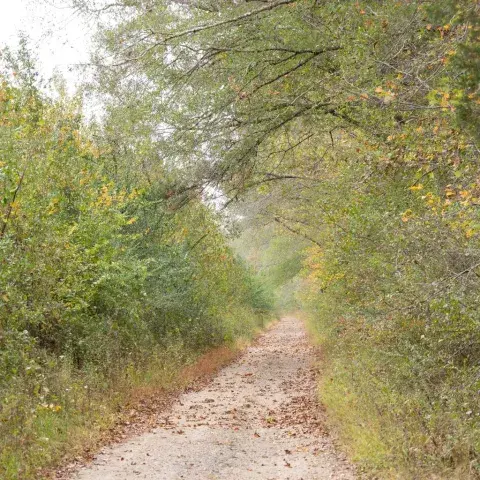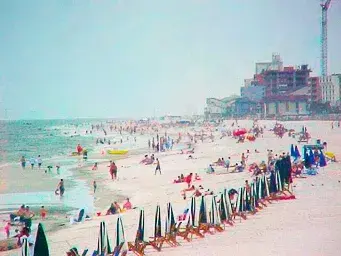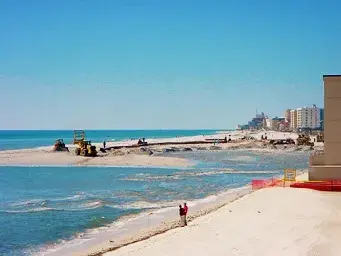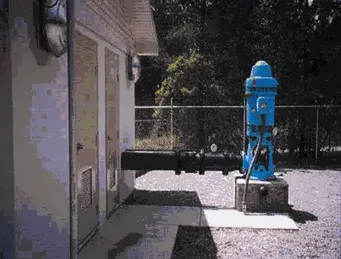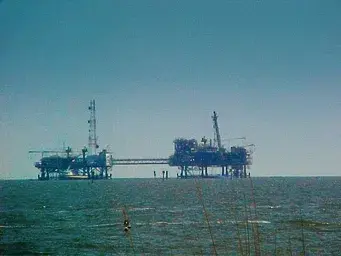Information for Public Water Systems on COVID-19
Water Utility COVID-19 Financial Impact Tool
Restoring Water Quality in Buildings for Reopening
Maintaining or Restoring Water Quality in Buildings With Low or No Use
FEMA Fact Sheet on PPE for Non-Healthcare Settings
OSHA Guidance on Preparing Workplaces for COVID-19
CDC Guidance for Critical Infrastructure Workers Who May Have Had Exposure to COVID-19
CDC Do's and Dont's for Critical Infrastructure Workers Who Have Been Exposed to COVID-19
Incident Action Checklist - Pandemic Incidents
Essential Water/Wastewater Worker Letter Template
For information on COVID-19 in Alabama, please visit the Alabama Department of Public Health’s COVID-19 website.
Water Utility Resources for the COVID-19 Pandemic
CISA Guidance on the Essential Critical Infrastructure Workforce: Ensuring Community and National Resilience in COVID-19 Response (Version 3.0)
The Association of State Drinking Water Administrators also have a resource page related to COVID-19 from a drinking water perspective.
The CDC has a webpage explaining what citizens should do in the event of a boil water advisory.
Please ensure your water system has taken the necessary precautions and is prepared to ensure continuity of service in the event of quarantines or illness of key personnel. Should there be any impacts to service as a result of COVID-19 or other emergency, please contact the Drinking Water Branch at (334) 271-7773 and your county Emergency Management Agency (EMA) or if necessary the Alabama EMA.
